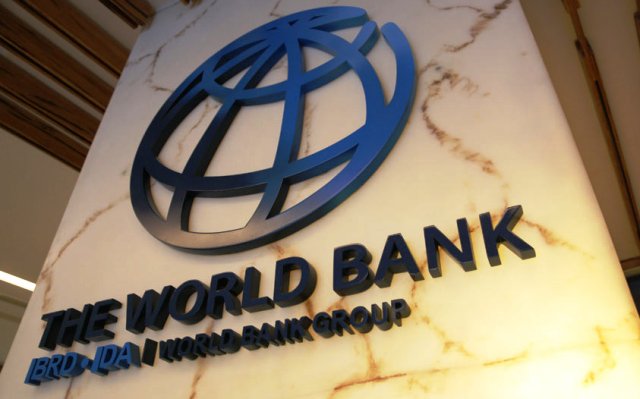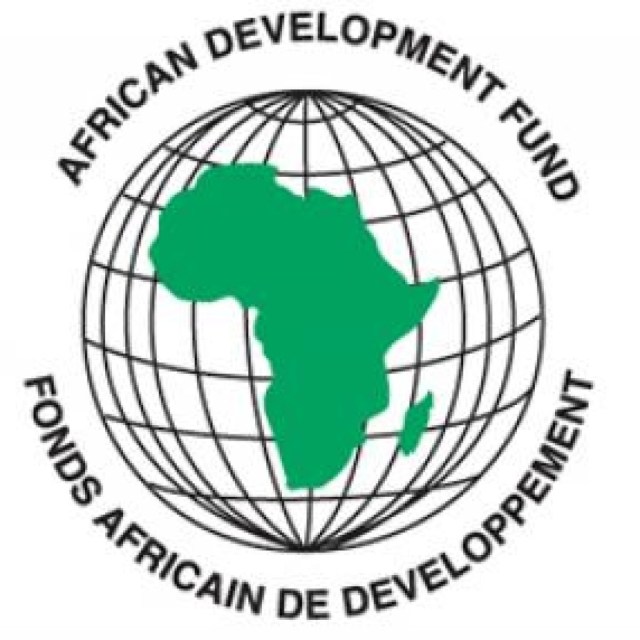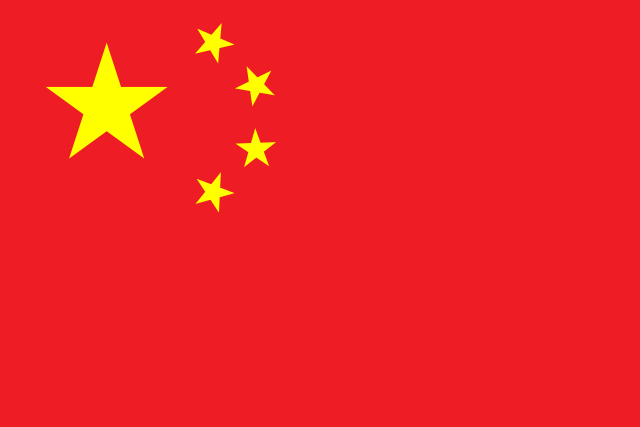World bank logo
The World Bank Group Board of Executive Directors approved South Africa’s request for a $497 million project to decommission and repurpose the Komati coal-fired power plant using renewables and batteries.
The project will also create opportunities for the affected workers and communities. This is in line with the government’s efforts to transition the country toward a low carbon development path with reliable, affordable, and sustainable energy for all.
The bank said the newly-closed Komati power station about 170 kilometers (105 miles) northeast of Johannesburg will be repurposed using solar and wind sources, supported by batteries for storage.
The project aims at easing carbon emissions and creating economic opportunities in the area, which has been home to one of Africa’s largest coal plants for over 60 years.
“Closing the Komati plant this week is a good first step toward low carbon development,” said World Bank Group President David Malpass.
South Africa secured $8.5 billion in loans and grants at the UN climate talks last year from a group of rich nations to finance its switch to greener energy.
But it remains heavily dependent on coal, which generates 80 percent of its electricity. The power sector accounts for 41 percent of national CO2 emissions.
Africa’s most industrialised economy has been suffering sweeping power outages caused by failures at state-owned energy firm Eskom’s ageing and poorly maintained infrastructure.
Workers laid off by the plant’s closure will be supported through a transition plan, while a portion of the financing will be spent on creating economic opportunities within local communities.
The funding comprises a $439.5 million World Bank loan, a $47.5 million concessional loan from the Canadian Clean Energy and Forest Climate Facility and a $10 million grant from the Energy Sector Management Assistance Program (ESMAP), an initiative to help low- and middle-income countries.
Earlier this week the World Bank said South Africa would require at last $500 billion to achieve carbon neutrality by 2050.














